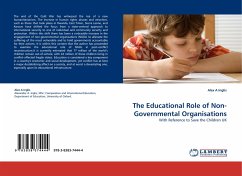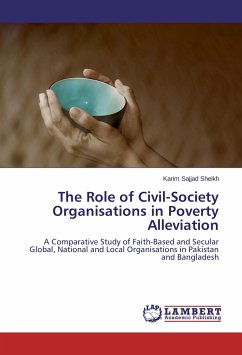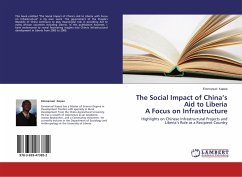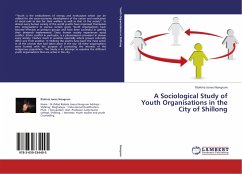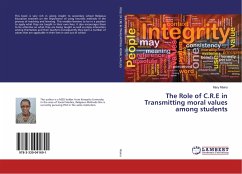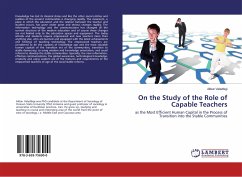The end of the Cold War has witnessed the rise of a new humanitarianism. The increase in human rights abuses and atrocities, such as those that took place in Rwanda, East Timor, Sierra Leone, and Kosovo have shifted the focus from a state-centred approach to international security to one of individual and community security and protection. Within this shift there has been a noticeable increase in the engagement of non-governmental organisations (NGOs) to alleviate the suffering of the most vulnerable and to hold governments accountable for their actions. It is within this context that the author has proceeded to examine the educational role of NGOs in post-conflict reconstruction.It is currently estimated that 77 million of the world's children remain out-of-school, with 43 million of these children living in conflict-affected fragile states. Education is considered a key component in a country's economic and social development, yet conflict has at best a major destabilizing affect on a society, and at worst a devastating one, especially upon its educational infrastructure.

